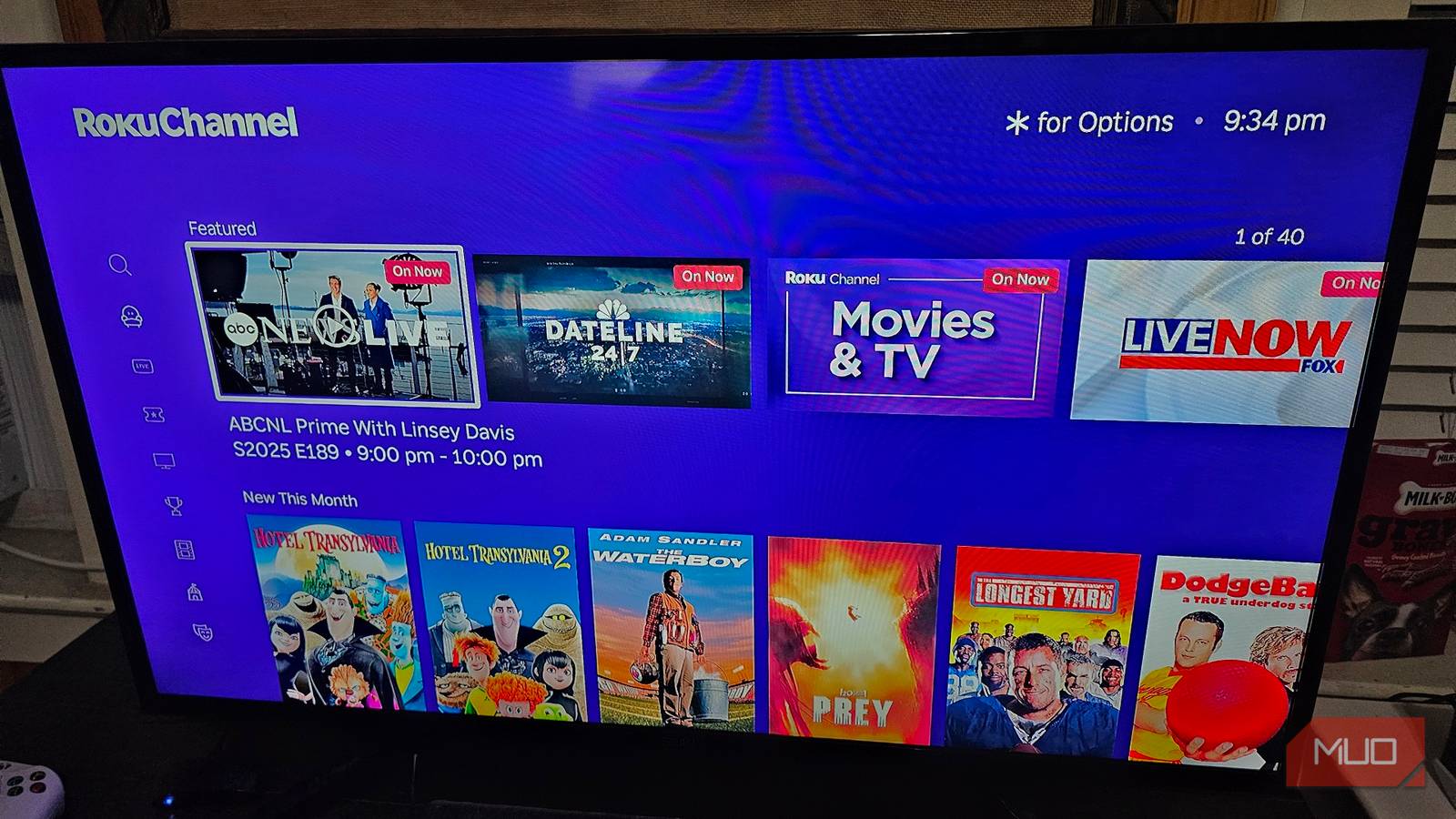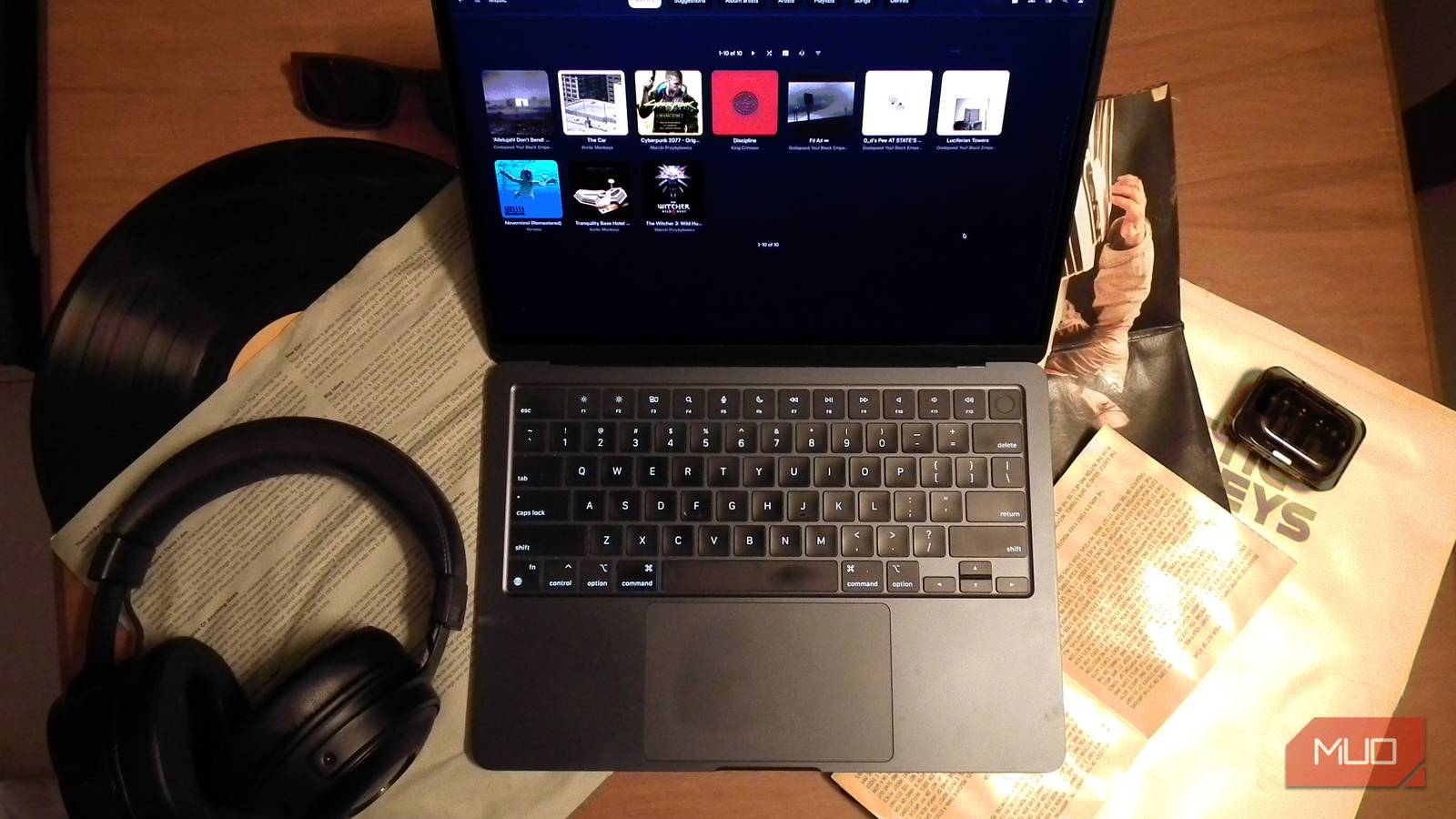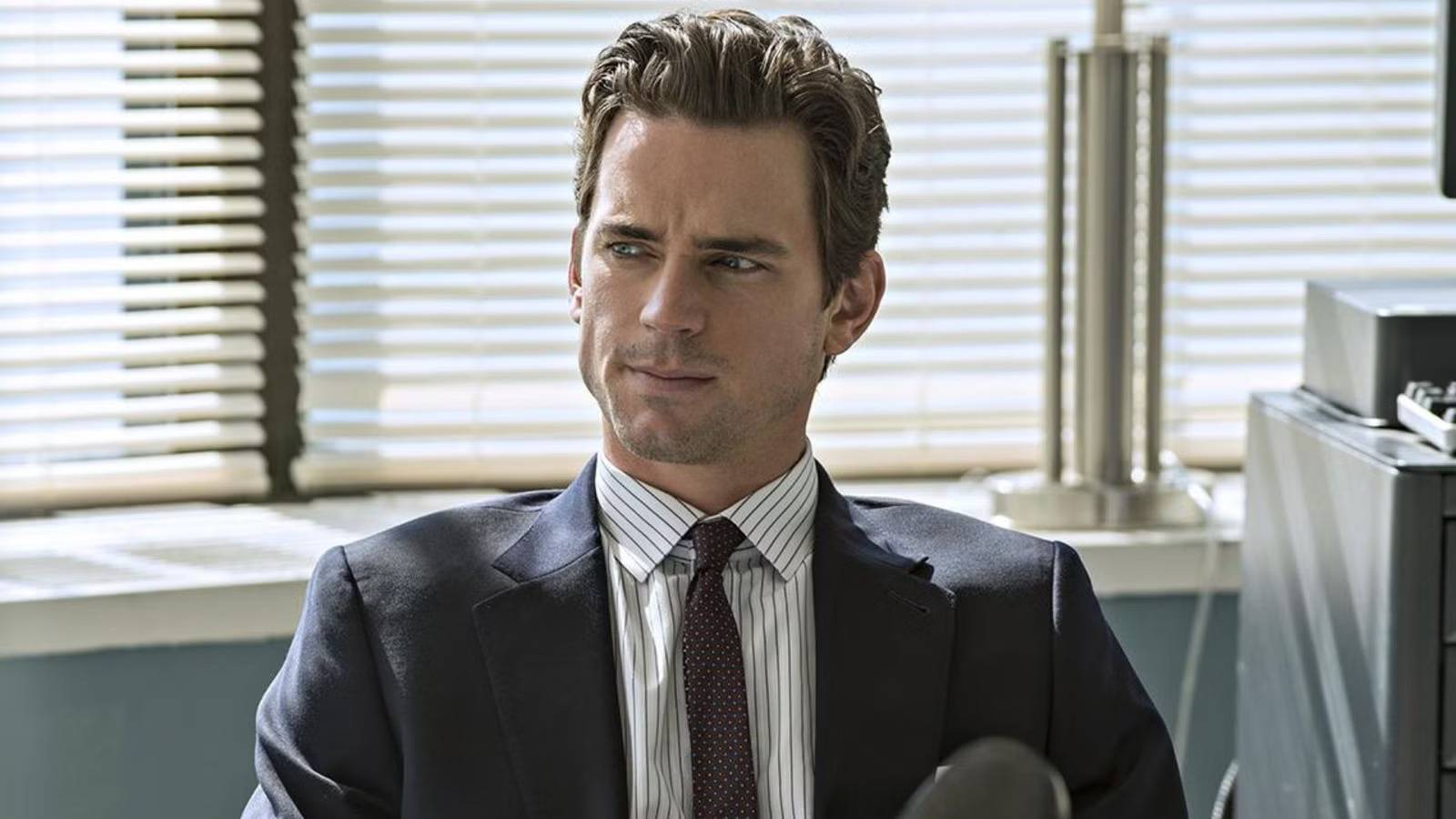A few months back, I searched for reviews of A Minecraft Movie, and immediately something felt off. The same review was repeated endlessly across Google’s “Movie Reviews” section, almost like it had been copy-pasted by a bot.
Since then, I’ve noticed other issues too: reviews being censored or quietly removed, suspiciously glowing write-ups that feel fake, and a lack of transparency about who is actually writing these so-called “opinions.”
If you’ve ever thought that Google’s movie reviews feel generic or unreliable, you’re not alone. The good news is that you don’t need to rely on Google at all. There are better alternatives out there.
If there’s one alternative that’s completely changed how I approach film reviews, it’s Letterboxd.
Letterboxd is part review site, part social network, and part film diary. Instead of anonymous snippets, you get to read reviews written by actual people, often with wit, humor, or deep insight. Even better, you can follow people whose taste aligns with yours, whether that’s friends, professional critics, or fellow movie lovers.
The best part of Letterboxd is that it’s not all ratings. You can build up a comprehensive history of all the films you watch. And better still, as you start following other Letterboxd members, you’ll see more customized personalized suggestions.
Overall, to get the most out of Letterboxd, interaction is key. The more you engage with the community, the more you’ll get out of it, and the better your film suggestions will eventually become.
The old, reliable giant
Okay. Hear me out. I know IMDb has been around forever, and in recent years, its quality has dropped. And actually, its navigation has become beyond frustrating, with information hidden behind multiple clicks where once it was just there on a single page.
However, with that said, IMDb’s ratings are still reliable and still considered among the best in the industry. Plus, just about every movie ever made is listed there, and you’ll find plenty of discussion—both good and bad—around each title. Reviews are also easy to filter: you can check the most helpful, the most recent, or the most critical reviews to balance your perspective.
My big concern with IMDb is that there appears to have been a considerable uptick in review bombing incidents in 2025. As pointed out in a Reddit post, IMDB’s system specifically detects huge influxes of one-star reviews. So what do the bombers do? Switch to two-star, of course.
There is a lot of legitimate criticism of IMDb, but its place among the legendary review sites remains secure.
For now.
2
Reddit
Honest conversations instead of inflated star ratings
Sometimes I don’t even want a review score—I just want a discussion. That’s where Reddit comes in. Subreddits like r/movies or r/TrueFilm can be goldmines of honest opinions, ranging from casual impressions to academic-style analysis. And if you have a specific genre or type of film you love, you’ll more than likely find a specific subreddit for it.
What I appreciate most is the back-and-forth. You’ll see people debate, disagree, and expand on ideas in ways no one-line Google review ever could. Of course, Reddit has its own issues (every community does), but for raw, unfiltered movie talk, it’s often more insightful than anything an algorithm surfaces.
In some ways, the voting system replaces the film rating system. It’s infuriating that “dissenting” voices can be crowded out with downvotes, and popular opinions are frequently pushed to the top. But overall, I find Reddit’s varied film boards are a great substitute for rating sites.
You can see where the numbers and reviews come from
These two sites aren’t the same, but both offer a much clearer approach to reviews than Google’s Movie Reviews. What I like about both is the value placed on averaging out numerical scores and reaching a consensus.
- Rotten Tomatoes gives you two scores side by side: the “Tomatometer,” which averages critic reviews, and the audience score, which reflects regular moviegoers. I find this balance useful—sometimes critics love a film audiences hate, or vice versa, and it’s helpful to see both viewpoints in one place.
- Metacritic focuses more heavily on critics, weighting certain publications higher depending on their reputation. The result is a more curated “meta-score,” which feels less like an unfiltered mess and more like a consensus.
Neither platform is perfect, and they can still be influenced by review bombing and overly generous critics. However, you do at least know where the numbers are coming from.
The best overall approach is to mix and match your review sources. No single platform has an outright perfect review system, and all of them are open to manipulation and interference. So, when it comes to reading reviews for your favorite shows and movies, check out a few different sites and sources to get to the bottom of what’s really going on.













